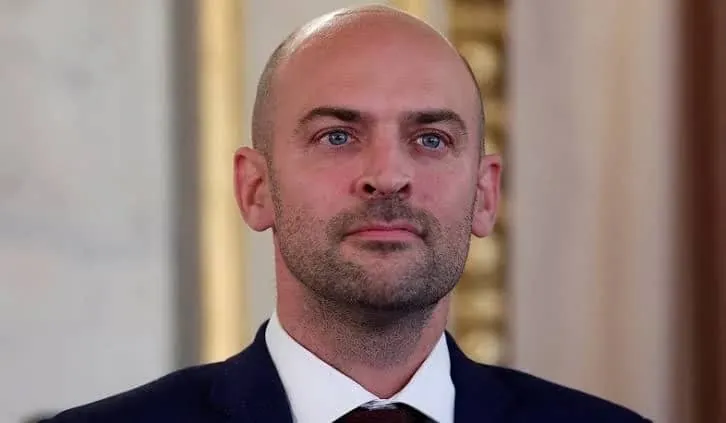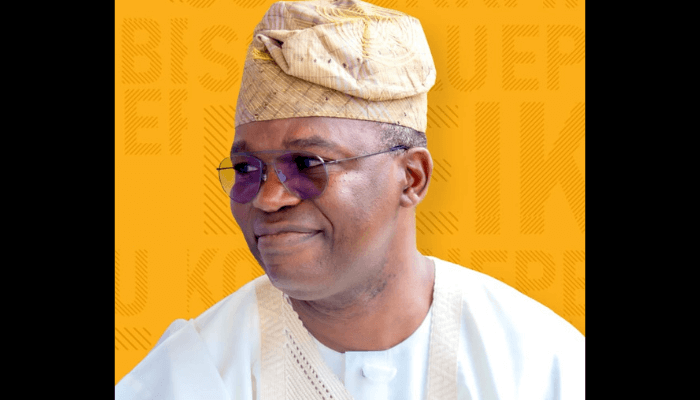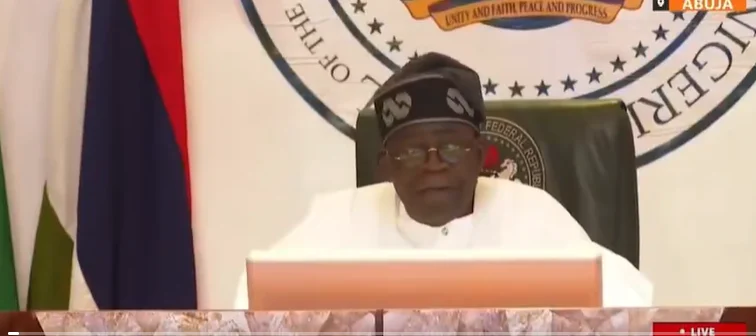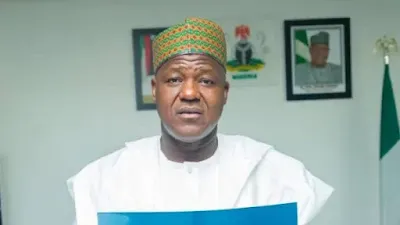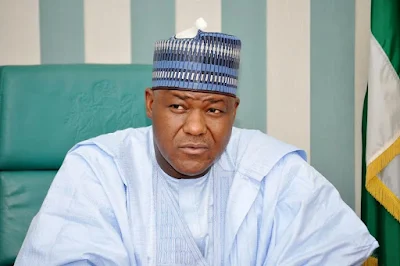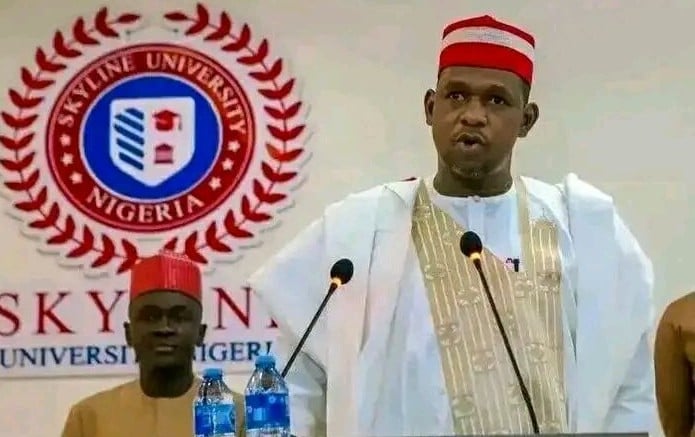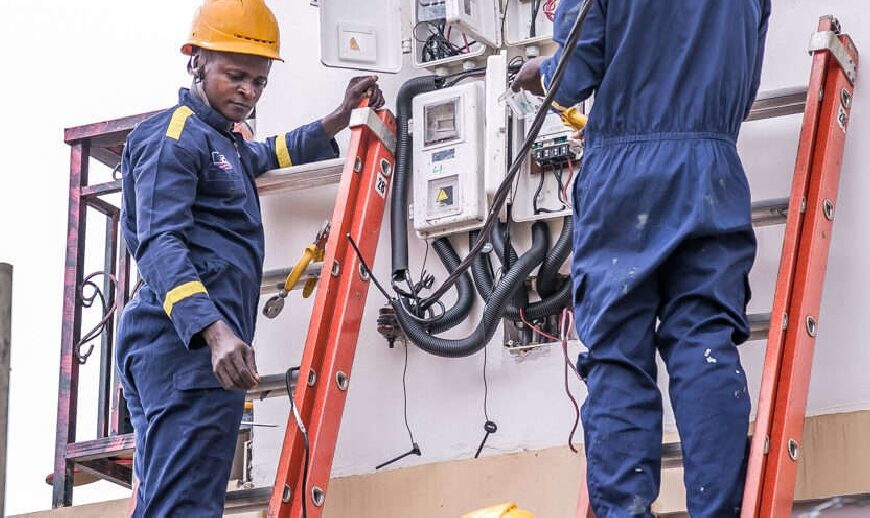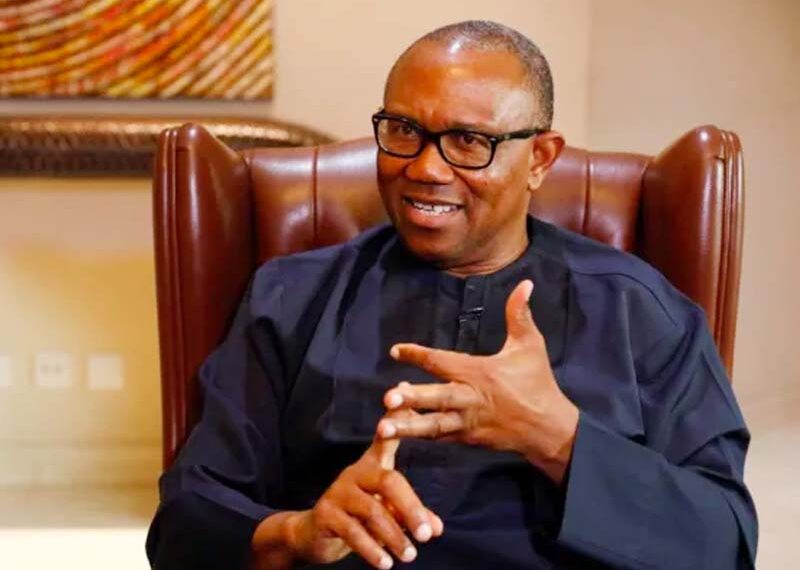France and Nigeria are entering a new and more dynamic phase in their bilateral relationship. Traditionally centered around trade in oil and other natural resources, the partnership is now expanding into technology, creative industries, education, infrastructure, and sustainable development. This shift reflects the growing importance of knowledge-based industries and innovation in both countries’ economic strategies.
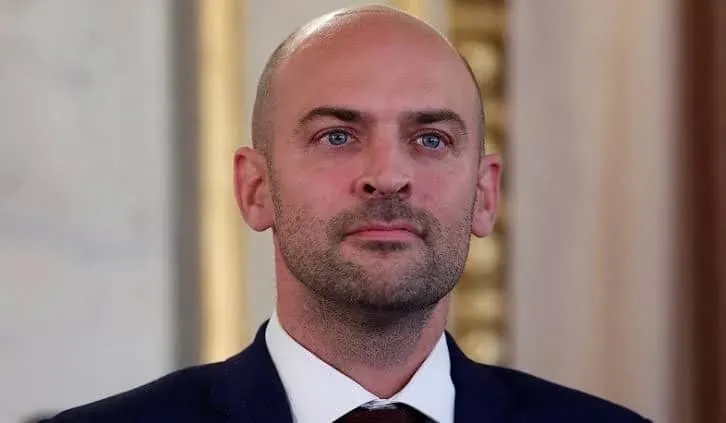
France has long been a key economic partner to Nigeria, one of its most significant trading allies in sub-Saharan Africa. However, the nature of this partnership is evolving. France is deliberately moving away from a narrow focus on extractive industries and toward sectors like digital technology, creative industries, agriculture, and renewable energy. Nigeria, on its part, is pursuing an economic diversification agenda aimed at reducing its dependence on oil while strengthening digital transformation, higher education, and the development of solid minerals. These aligned priorities have created fertile ground for deeper cooperation.
One of the most visible areas of collaboration is the technology and digital economy sector. A flagship initiative is the Blueprint-ICT-Dev Project, through which the Agence Française de Développement (AFD) is providing €38 million to improve digital infrastructure and ICT capacity across ten federal universities in Nigeria. Beyond this, France has designated Nigeria as a priority country for its digital and creative sector partnerships. Tech ecosystem linkages are growing rapidly, with French-led programs enabling Nigerian startups, entrepreneurs, and innovators to connect with France’s innovation hubs and participate in major technology summits. The partnership also extends to the private sector, with roundtables and collaborations between Nigerian telecom companies and the French Embassy in Lagos.
Education, research, and innovation are also central to this partnership. A memorandum of understanding between Nigeria’s Tertiary Education Trust Fund (TETFund) and France’s Campus France is enabling joint research, academic exchanges, and the promotion of science, technology, and engineering education. This focus on knowledge transfer and capacity building reflects a shared understanding that education is a critical foundation for sustainable economic growth in the digital era.
Creative and cultural industries form another important pillar of the collaboration. France is a leader in Europe’s creative economy, while Nigeria stands as Africa’s creative powerhouse. By connecting creative talents and entrepreneurs from both nations, they aim to foster growth in sectors such as digital design, animation, gaming, fashion, and e-sports. For France, investing in Nigeria’s creative industries is a strategic move that blends economic opportunity with cultural diplomacy. For Nigeria, it offers new platforms for its vibrant creative community to reach international markets.
Traditional sectors have not been left out. France continues to play a significant role in Nigeria’s energy, infrastructure, mining, and agricultural development. French companies are expanding their involvement in renewable energy projects such as solar mini-grids and rural electrification. France has also pledged to collaborate more closely with Nigeria in the solid minerals sector, particularly in critical minerals essential for clean energy transitions. These efforts are backed by substantial investment commitments, including over €300 million for infrastructure, agriculture, and human capital development.
The deepening partnership offers clear benefits to both sides. For Nigeria, it means access to advanced technology, investment, and expertise that can accelerate economic diversification and create opportunities for its growing youth population. For France, it provides access to a large, youthful, and rapidly evolving market while strengthening its strategic presence in Africa. Together, both countries are building a relationship that moves beyond resource extraction toward innovation, culture, and shared prosperity.
However, this promising collaboration also faces several challenges. Implementation of ambitious projects requires effective governance, transparency, and accountability. Nigeria’s tech ecosystem, while vibrant, still faces barriers in financing, regulation, and infrastructure. There is also the question of ensuring that the benefits of these partnerships are equitably shared, empowering local actors rather than creating dependency. Global competition adds another layer of complexity, as other countries are also vying for partnerships in Africa’s fast-growing sectors. Ensuring sustainability—both economic and environmental—will be essential.
Looking ahead, several markers will determine the success of this partnership. Key indicators include the impact of the €38 million ICT project in universities, the number of joint startup and creative collaborations, progress in mining projects, and increased investment flows into non-oil sectors. Regulatory reforms, job creation, skills development, and local ownership of projects will also play crucial roles in shaping the long-term outcomes of this partnership.
In conclusion, the growing partnership between France and Nigeria signals a significant shift in the way countries engage across continents. It emphasizes the importance of digital economies, human capital development, and creative industries in shaping the future of international cooperation. If both countries can manage this partnership with strategic vision, equity, and effective execution, it has the potential to become a model for modern Africa–Europe collaboration—one rooted in innovation, mutual respect, and shared growth.

